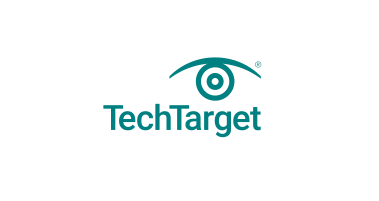JEDEC, now known as the JEDEC Solid State Technology Association, is a global industry group that develops open standards for microelectronics. With over 3,000 volunteer members from nearly 350 companies, JEDEC has 50 committees and subcommittees that propose and develop microelectronics open standards to address the changing needs of the tech industry. After committee approval, standards are voted on by the board of directors where each member company has one vote.
JEDEC memory standards cover flash memory, main memory, and mobile memory. Flash memory standards focus on solid-state drives (SSDs) and other flash technology, while main memory standards encompass Synchronous Dynamic RAM (SDRAM) like DDR4 and DDR5. Mobile memory standards include Low-power DDR (LPDDR) and Wide I/O DRAM. JEDEC also focuses on areas such as memory module design, electrostatic discharge, and more.
Developing common standards benefits both manufacturers and consumers by reducing confusion and promoting interchangeability of products. JEDEC partners with various organizations in the electronics industry to collaborate on standards development and reduce redundancy. The organization was established in 1958 and has evolved to shape the growth of the semiconductor industry.
Recent standards developed by JEDEC include the Standard Manufacturers Identification Code, Graphics DDR7 Synchronous Graphics RAM, and DDR5 SDRAM specification with expectations for continued development of advanced technology standards in the future.









